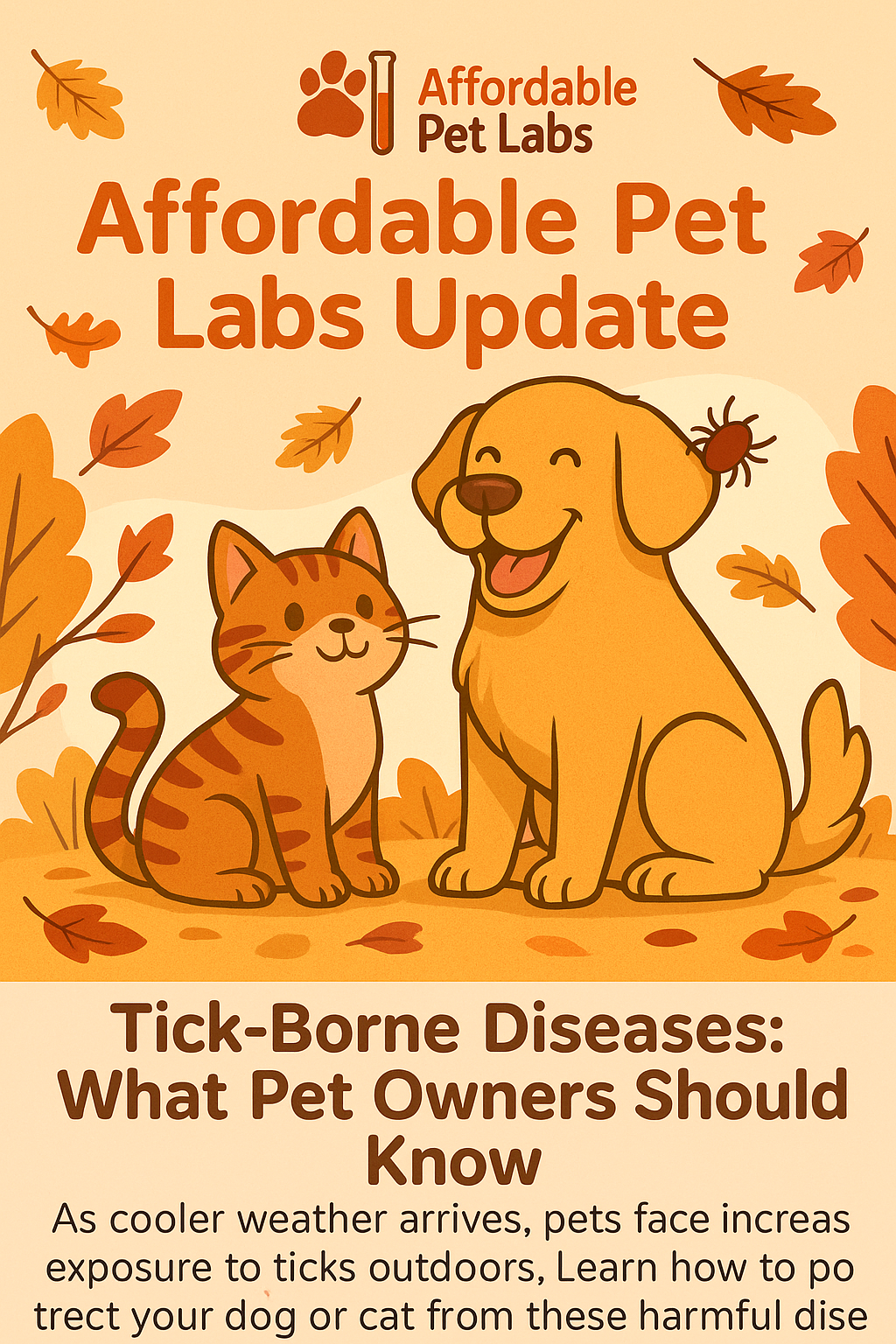Understanding and Managing Environmental Allergies in Pets
Springtime brings sunshine, blooming flowers, and warmer weather. However, for many pets, it also ushers in the uncomfortable reality of environmental allergies. At Affordable Pet Labs, we're dedicated to helping pet parents navigate their furry friends' health challenges during this vibrant but often problematic season. In this blog post, we'll dive deep into what environmental allergies are, how they affect your pets, and the best practices for managing these allergies effectively.
What Are Environmental Allergies?
Environmental allergies, or atopic dermatitis, occur when pets react to allergens in their environment. These allergens could be anything from pollen and mold spores to dust mites and grasses. Unlike humans, who often experience respiratory symptoms from allergies, pets usually suffer from skin-related symptoms.
Understanding the Impact on Your Pet's Body
When a pet with sensitivities encounters an environmental allergen, their immune system may perceive it as a threat, triggering an immune response. This reaction often leads to inflammation and irritation of the skin. Furthermore, allergens can compromise the skin barrier, exacerbating the pet's sensitivity and leading to an ongoing cycle of itching and scratching.
The Importance of Allergy Testing
Identifying the exact causes of your pet’s allergies can be complex without professional testing. Affordable Pet Labs offers two convenient testing options:
-
Hair Testing: This non-invasive test involves analyzing hair samples to detect environmental and dietary sensitivities.
-
Blood Testing: This test measures the immune response to specific allergens and can quantify the level of sensitivity to each allergen.
Both tests provide crucial insights that aid in crafting a targeted management strategy for your pet’s allergies.
Managing Your Pet's Environmental Allergies
Once allergens are identified, several strategies can help manage and alleviate symptoms:
-
Limit Exposure: Minimizing your pet’s exposure to known allergens can significantly reduce symptoms. This may involve changing your daily walk routines or enhancing indoor air quality with air purifiers.
-
Medical Treatments: Depending on the severity of the allergies, your vet may prescribe medications to control the immune response and alleviate symptoms.
-
Regular Grooming: Bathing your pet with hypoallergenic shampoo can help remove allergens from their coat and soothe irritated skin.
-
Dietary Adjustments: Including supplements like omega-3 fatty acids in your pet’s diet can improve their skin health and reduce inflammation.
Proactive Measures for Pet Parents
Keeping your home clean by regularly washing your pet's bedding and using hypoallergenic filters in your heating and cooling systems can also reduce allergen levels in your home. Regular check-ups with your veterinarian ensure that your pet's allergy management plan remains effective and can be adjusted as needed.
Conclusion
Managing environmental allergies in pets requires a comprehensive approach that includes testing, treatment, and lifestyle adjustments. With the right strategies, you can help your pet enjoy the spring without suffering from the discomfort of allergies. Remember, Affordable Pet Labs is here to help with easy-to-use testing kits and expert advice.
Spring into action and ensure your pet enjoys this beautiful season in comfort and health!
About Affordable Pet Labs: We provide convenient and reliable home diagnostic testing to help pet parents understand and manage their pets' health. Visit our website to learn more about our services and how we can help your pet live a happier, healthier life.
Feel free to share this post on your social media or directly with other pet parents who might find this information helpful. Let's all work together to make this season enjoyable for our pets!






